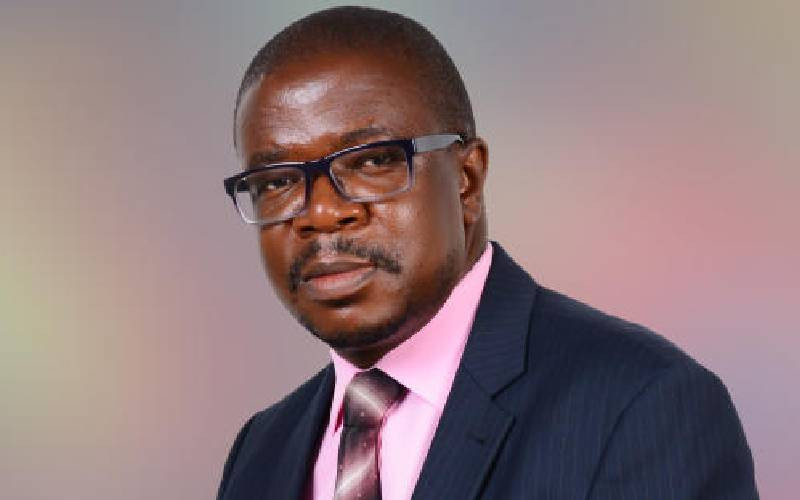×
The Standard e-Paper
Join Thousands Daily

Women leaders and diplomats from the European Union, the US and Scandinavian countries met recently to take stock of the recent political events and the future of devolution.